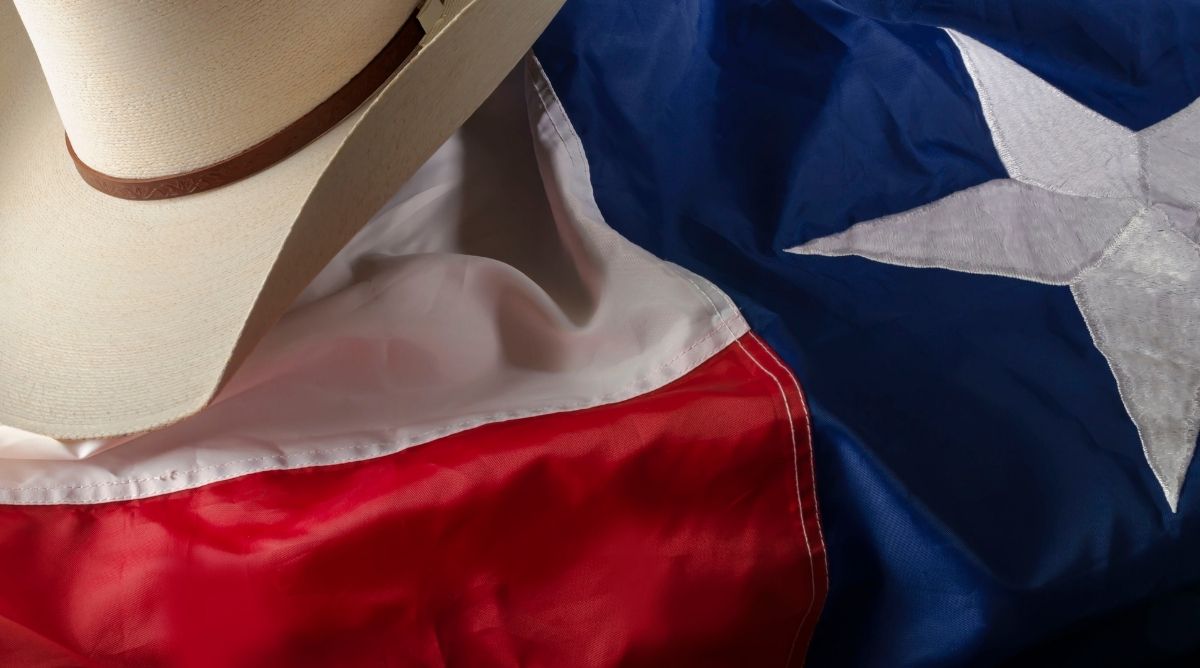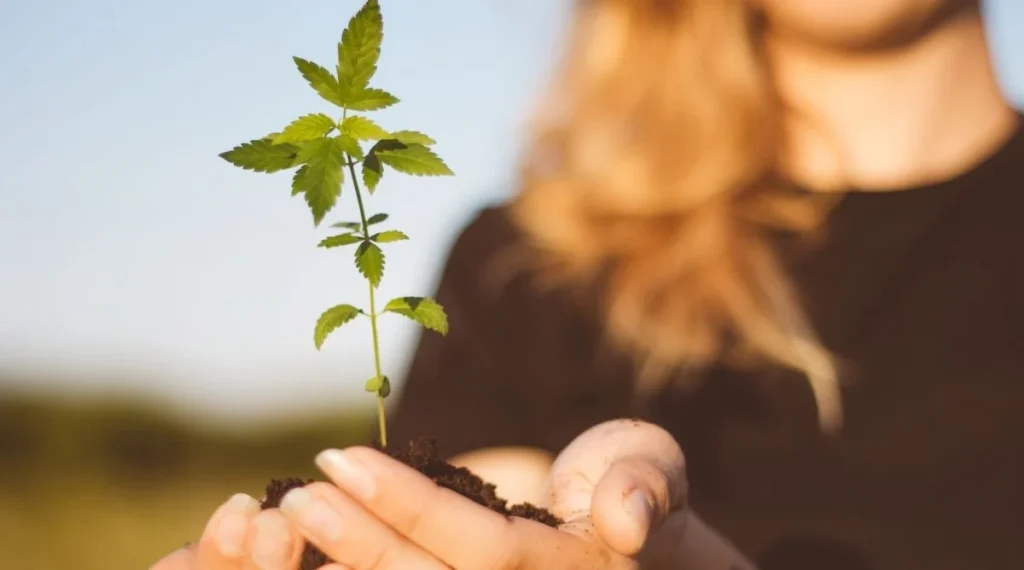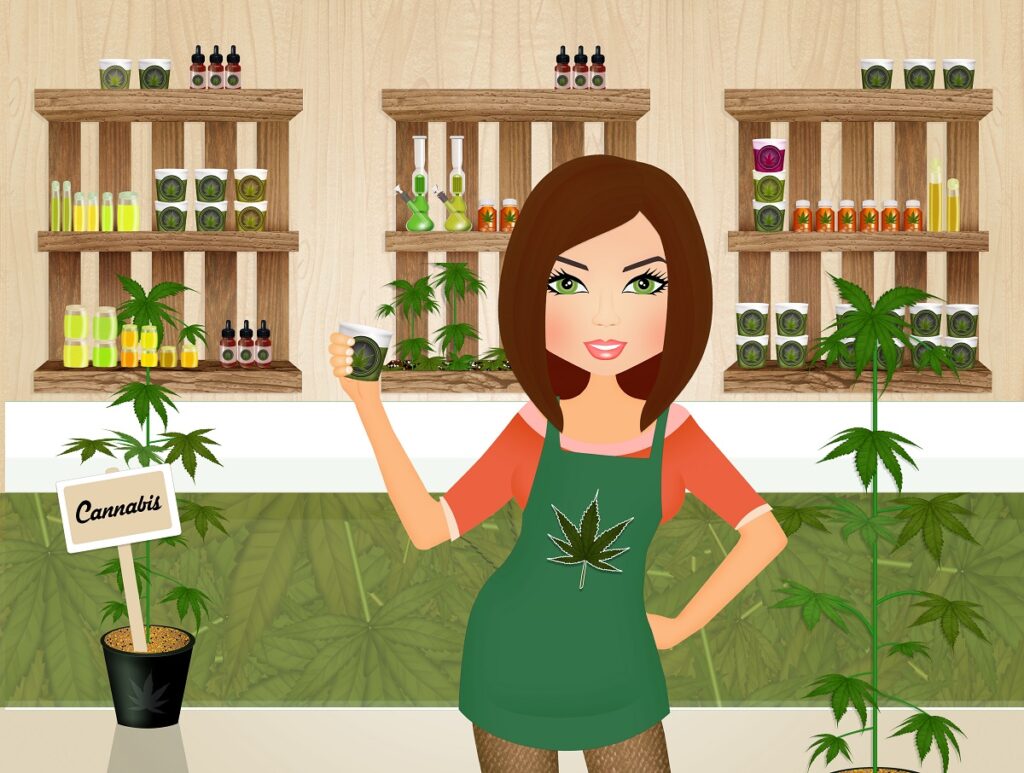
Texas caps medical cannabis at 1% THC. But patients who found that cap was insufficient to manage chronic symptoms had an ace up their sleeve. Delta-8 THC products, including vapes, gummies, and moonrocks (flower), were available at smoke shops across the state of Texas.
Patients could just wait for cannabis reform laws in Texas to catch up with the rest of the country. Or at least the other 36 states that had accessible registered patient programs. And the luxury of going to a dispensary to purchase medical marijuana. Instead of a pharmacy and a strict prescription framework.
But just like that, Delta-8 landed on the radar of Texas lawmakers who failed in May to ban it. The second time was the charm, and in October, a statewide ban on Delta-8 products was announced. Specifically, the state claimed Delta-8 would fall under the same laws as Delta-9. And having it, using it, or selling it could mean a felony charge.
And now the shelves in specialty stores are empty. Another option for patients living with chronic pain in Texas snatched away. Because Delta-8 was legal until now, it was a valuable alternative for patients who did not qualify for medical marijuana.
Believe it or not, qualifying for 1% THC cannabis in Texas can also be a challenge. The list of health conditions that make patients eligible is short. And so is the level of patients that Texans have for the enduring prohibition of cannabis and scant medical marijuana programs.
Getting an accurate number on the amount of Delta-8 sold in Texas will be hard. And that is because, until recently, the USPS allowed the delivery of Delta-8 products. Since they were categorized as hemp and, therefore, federally legalized, you could order Delta-8 online. And have it delivered to your house in a discreet package, without breaking the law.
So, the state could calculate the value of Delta-8 purchases made at tobacco and smoke shops across Texas. But that would not include mail-order deliveries of Delta-8 products from other states. In the era of Covid-19, home delivery reigned as the first choice for most consumers. How much was being sold? The answer is “they don’t really know”.
When the 2018 U.S. Farm Bill was ratified, it removed hemp from the list of Schedule I controlled substances. As long as the hemp had 0.30% THC or less, you could call it hemp. Any THC level higher than that, and it was deemed marijuana. The hemp industry exploded in Texas, and with it came a few new problems.
Lawmakers couldn’t tell hemp from marijuana. At least, not if they pulled over a truck on the highway. In fact, an unlucky trucker (Aneudy Gonzalez) taking a shipment of commercial hemp to a manufacturer in Colorado was arrested. They were driving boxes of hemp in a U-Haul which may have contributed to the suspicion of an illegal shipment of contraband cannabis.
The charges against Gonzalez for the 3,350 pounds of hemp were eventually dropped. But not before the delivery driver served one month in jail. And until a thorough lab test of the cargo was done to determine it was hemp (below 0.30% cannabis).

However, the challenges for hemp products in Texas were just beginning. Specifically, Delta-8 THC derived from hemp. Because in May, Texas lawmakers started the process to amend HB 2593. Specifically, Section 481.002(5) of the Health and Safety Code. The amendment would effectively ban any Delta-8 or other semi-synthetic cannabis products and use in Texas.
The amendment read: “except that the term includes a consumable hemp product, as defined by Section 443.001 if the sum of all tetrahydrocannabinol concentrations in the product is more than 0.30 percent on a dry weight basis”.
But the amendment didn’t pass. In May 2021, the proposed legislation sat as “Adjourned Sine Die,” which translates to being put on a shelf with no specific date for follow-up. And then, in October, Texas legislators circled back to finish it off.
What are Delta-8 distributors going to do now that the product is banned in Texas? Well, like a good game of Texas Hold’em, they are going to ask for another card. And appeal. In fact, the appeals have already started.
It’s going to be a series of legal battles to undo the Delta-8 ban in Texas. The premise for the legal appeal is that lawmakers didn’t do it right. If you are making a significant change to a law, there is a process. Not a quick amendment to the law and pushing it through without public support or knowledge.
Did Texas lawmakers want to rush it through without giving it a chance to appear on the November 2022 midterm ballot. That’s how many people feel. Because if the vote for Delta-8 was to go on a voters ballot next fall, chances are voters would support legalization.
That is why lawmakers in Texas have been desperate to keep any state question about cannabis reform off the ballot. A recent poll stated that more than 60% of Texans support the legalization of cannabis for any use, not just medical.
One of the dangers of trying to rush a Delta-8 ban is that there hasn’t been enough time to inform retailers about Delta-8. And inform consumers that it is no longer legal. People have been buying Delta-8 by mail, which is now a felony offense. Yet just a few weeks ago, completely legal and protected.
Texas lawmakers haven’t done a good job informing residents that Delta-8 is no longer legal. The people who know the most about the ban are unsurprisingly employed within the state’s hemp or medical cannabis industry.
People in Texas are going to get arrested and charged for THC possession for having Delta-8. And they may not even know they are breaking the law. But does that matter in a state where CBD just became ‘legally okay’ to use in 2019. Texas may be a captain of industry and economic juggernaut, but it gets a failing grade in cannabis reform. And access to alternative natural medicines for patients.
Texas also leads the country with the highest number of citizens behind bars. There were 154,479 Texans serving time at the beginning of 2021. Louisiana takes first place in terms of incarceration rates (683 per 100,000), but Texas arrests 520 per 100,000 residents annually.
Some cities have enacted policies that prevent law enforcement from using any resources to charge citizens with personal use amounts. But decriminalization is not legalization. And the fine usually applies only to a first-time offender possessing less than 1-2 ounces of cannabis.

Since Delta-8 was technically legal, residents of Texas probably have a whole lot more than two ounces of it at home. For example, one tincture bottle is one ounce of THC. Vape cartridges also contain about one ounce.
But a bottle of gummies could be four ounces on its own. One bottle of Delta-8 gummies is enough to send you to prison for 1-2 years. In Texas, the penalties for possession of marijuana or any THC derivative (synthetic or otherwise) are severe:
So for now, Texans, instead of ‘smoke if you got ‘em,’ it’s a good idea to safely dispose of your Delta-8 products. And trust in hopeful outcomes through the legal appeal process while counting down to the November 2022 midterm elections.
By banning Delta-8, lawmakers may have done Texans a favor. Because now, retailers and patients alike are motivated to take the next step. Push for cannabis reform in Texas, and create a model similar to Oklahoma and Arkansas for patients needing medical marijuana.
Some shifts in seats and a possible change in state leadership could rapidly advance cannabis legal reform in Texas. Texans should remember that the legalization of cannabis and synthetics like Delta-8 are important to your health and well-being. Back an incumbent who wants to lead much-needed cannabis reform in Texas.
Featured Image: Canva
No Information on MarijuanaDoctors.Com should be used to diagnose, treat, prevent or cure any disease or condition. You can view our Full Disclaimer here.